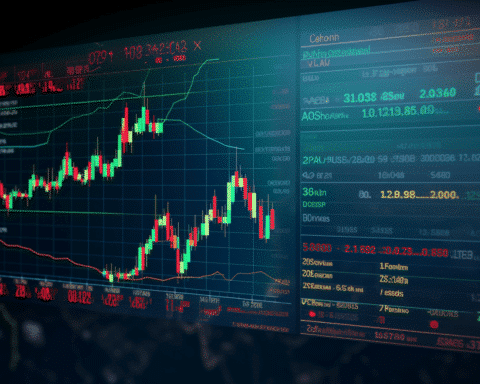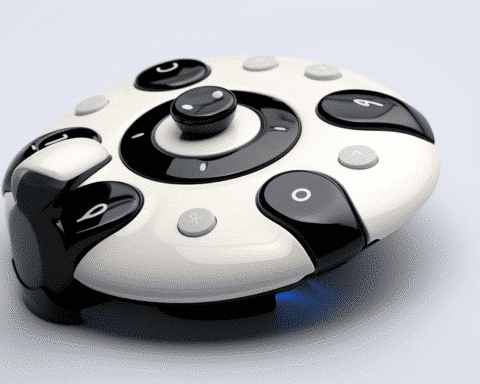The journey for this game engine company is still uphill.
Unity Software’s stock soared to its peak at $201.12 on Nov. 18, 2021, marking a staggering 287% increment from its IPO price of $52 just 14 months before. During this period, investors flocked to Unity given its dominance in powering over half of the global PC, console, and mobile games, and its ambitious claim of a sustained 30% annual revenue growth. The stock benefited immensely from the 2021 buying spree in growth-centric and meme stocks.
Fast forward to the present, Unity’s stock stands around $36. Factors like the cooling of its growth in a world adjusting post-pandemic, Apple’s iOS privacy shifts affecting its ad services, and rising interest rates affecting its valuation played pivotal roles. Unity responded by diversifying into non-gaming sectors, partnering with ad-tech giant ironSource, and launching an AI-powered development tools marketplace.
However, predictions for 2023 show Unity’s revenue growth hovering between a mere 5% to 9%, even after accounting for its association with ironSource. For a stock priced at six times its current year’s sales, this growth rate might seem underwhelming. Three recent developments further hint at challenging times ahead for Unity:
Introduction of Unity’s ‘runtime fees’
Unity’s business model is based on a freemium approach. Free users benefit from its game creation engine but face limitations on advanced features and need to showcase Unity’s splash screen. Paid subscribers can eliminate this screen and avail a richer toolkit spread across three pricing levels. Unity’s recent announcement about a new “runtime fee”, billed every time a game is installed, took many by surprise.
Charges for its Personal and Plus subscribers kick in at $0.20 per installation after hitting revenue of $200,000 over 12 months. The Pro and Enterprise users face these fees after crossing $1 million in the same period. While these fees become effective from Jan. 1, Unity intends to charge them retroactively based on the past 12 months ‘ revenue.
Unity believes only 10% of its user base will face these fees immediately, but the decision has already received criticism. This move might also reduce Unity’s competitive advantage against rivals like Epic Games’ Unreal Engine, which doesn’t impose installation-based charges.
From an investor’s lens, this indicates Unity’s desperate attempt to boost revenue from its existing clientele, a sign that it might fall short of its growth expectations.
Insider Trading Patterns
It seems Unity’s leadership anticipated a negative market reaction to these new fees. Data from the last three months shows insiders of Unity, including Unity CEO John Riccitiello, President Tomer Bar-Zeev, and board member Shlomo Dovrat, offloading shares at a rate four times higher than their purchase rate.
Dimming Prospects with Apple’s Vision Pro
Unity’s collaboration with Apple to craft spatial reality applications for the Vision Pro headset had previously uplifted its stock. Yet, Apple’s optimistic sales projection of 1 million units in the first year for the $3,499 headset has been trimmed to just 400,000 units. This adjusted forecast aligns with the struggles of other tech giants, Microsoft and Meta Platforms, in moving their high-end headsets. If this trend persists, Unity’s ambitions to transcend beyond traditional gaming platforms could hit a roadblock.
Final Thoughts
Unity might witness a revival in its growth trajectory if macroeconomic conditions favour it. Yet, its abrupt fee structure changes, insider trading activities, and muted demand for high-end mixed reality devices all hint that the road to surpass its IPO valuation might be a long one.
In the volatile world of tech investments, Unity Software serves as a case study in the unpredictable dance between innovation, market demands, and investor expectations. Its meteoric rise, coupled with its current challenges, underscores the importance of adaptability and foresight in the tech sector. While the future remains uncertain, Unity’s adaptability and resilience in the face of these hurdles will determine its long-term value to shareholders and its standing in the gaming industry.




